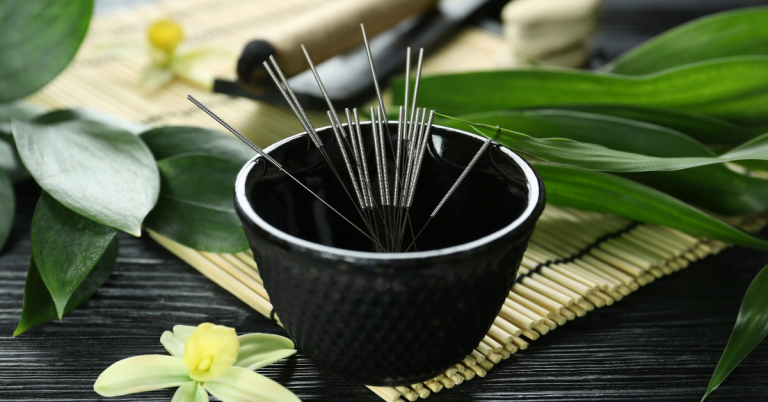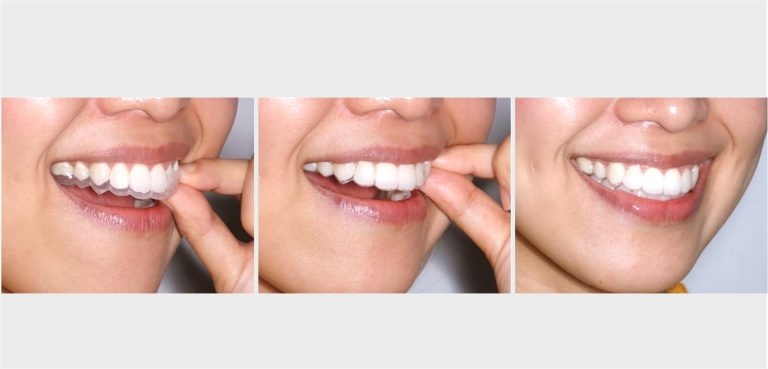Understanding Hormonal Changes and What to Do to Restore Balance

Hormones play an essential role in metabolism, development, and other processes in the body while also regulating mood and reproduction. Maintaining a balance in hormones is the key to good health and wellness, as imbalance can have a major effect on both mental and physical health. Optimal health requires you to be aware of any changes and the steps to take to restore balance in your hormones.
What causes hormonal imbalance?
Imbalance in the body’s complex hormonal regulation systems can result from many different sources. Constant stress causes the body to produce cortisol, which, in the long run, can interfere with the balance of other hormones. Unhealthy eating habits can lead to instability in hormone levels and insulin sensitivity, while plastics, insecticides, and even some cosmetics can disrupt the endocrine system by acting like hormones.
Hormones go through drastic changes during menopause and andropause as well, while some medical problems, like thyroid disorders and polycystic ovarian syndrome, also interfere with hormone regulations. Moreover, unhealthy lifestyle habits, like a lack of physical activity and inadequate sleep, can also harm hormonal health. It is essential to understand these causes if you want to be better aware of how to manage and treat hormonal imbalances effectively.
Common signs and symptoms
Hormonal imbalances can harm both physical and mental health in many ways. When it comes to women, it often reflects in heavy or light periods, or more often, irregular menstrual cycles, while for men, it leads to libido or erectile dysfunction. Also, this imbalance can lead to irritation, anxiety, mood swings, and depression.
Another possible sign of hormonal issues can be changes in weight and other physical changes, like hair loss. Hormonal disruption has a wider effect on energy control, which results in sleep disturbance and fatigue even with a lot of rest. It can also be linked to skin problems like dryness or acne. To better understand what kind of treatment you need, you should learn what your signs are telling you and how they manifest, as this can pinpoint the main problem and where this imbalance is coming from.
Hormone replacement therapy
Individualized dosing of estrogen, progesterone, or testosterone is the main part of this treatment. There are many ways hormone replacement can be done, including through pills, patches, creams, or injections. For women, this kind of therapy can help with flashes, mood swings, or irregular cycles, while for men, it can help with poor libido and fatigue. Hormone replacement therapy has many benefits, among the most important being a better quality of life. However, it is always a must to consult your doctor and weigh the benefits and risks according to your health history and personal preferences. Also, regular monitoring is crucial to make any necessary adjustments and reduce possible risks.
Good diet
The things you eat have a huge influence on your overall health and one segment of that is the hormonal changes that you can experience during your lifetime. Depending on how you eat, you can either improve the state of your hormones or make them worse. That is why you need to carefully consider what you consume during the day, especially if you already have some health issues, like problems with your thyroid. You need to eat a lot of food that has good protein, like different meats and fruits.
This way, you will be able to provide the right building blocks for some of your hormones to properly develop and function. Also, you should consume food that is rich in Omega-3 and Omega-6 fatty acids, which can help with your cortisol and sex hormones. It will be great if you can diversify your diet with nutrient-rich foods because that is the way you will make sure that you are doing the right thing. You may need to check your health every once in a while so that you can see what food you should consume more. You may even employ an expert to help you keep everything at normal levels.

Regular exercise
One way you can help your body regulate hormonal levels is by exercising regularly. This way, you will better regulate insulin and cortisol levels and you will have many other health benefits. There are many ways you can do your exercise routine but you should make sure that you have someone with you who can motivate you not to stop. Also, it is always easier to do things when you have someone close to you doing the same. At first, it may seem hard to you to maintain these activities but over time, you may start to love them, and then you won’t be able to ever leave them.
Natural remedies
You can turn to natural remedies for hormonal balance, as this can be an effective way to treat this issue. For example, plants like chasteberry and black cohosh help women who are going through menopause regulate their hormones. Dietary changes, like including more omega-3 fatty acids and fiber, can help achieve natural hormone balance, while changes to your lifestyle, like stress reduction and physical exercise, can reduce your cortisol levels. Minerals and vitamins, like zinc, magnesium, and vitamin D, have a huge part in hormone synthesis and control as well.
Manage your stress
Many people nowadays have stress problems. We have become preoccupied with our work and values, which are not meant to be followed and that has led us to the state that we are in now. The stress that you experience can harm the levels of cortisol in your body so you should find ways to better deal with it. Make sure that you do activities that are fun to you at least once a week and spend as much time as possible with your family.
Your health depends on your ability to understand hormonal changes and how to maintain balance in your hormonal system. Adopting a healthy lifestyle that includes eating nutritious foods, exercising regularly, managing stress, or trying out natural treatments can help you treat the problem and get your health back in check. This will help you live a healthier and more fulfilling life.






